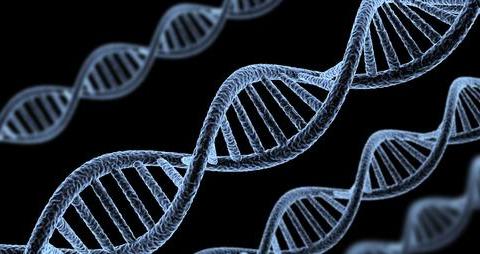Can Genome Sequencing Prevent Disease?

What’s the Latest Development?
The cost of sequencing one individual’s genome is approaching the $1,000 mark, a price at which medical professionals consider gene sequencing a clinical option. But a new study of 24 identical twins, who share the same genetic information, suggests that genetic predisposition to diseases represents a very limited picture of future health. The study, conducted at Johns Hopkins University, concluded that most people given a genetic sequencing test will be given negative results for most predispositions and that “these negative test results will, in general, not be very informative.”
What’s the Big Idea?
Gene sequencing may yet prove to be a great medical tool but at the moment, “it’s not ready for prime time—for a number of reasons,” says Muin Khoury, director of the Office of Public Health Genomics at the U.S. Centers for Disease Control and Prevention. Besides the fact that we know of very few genes that strongly correlate with specific diseases, “most diseases are not inherently genetic in nature, and even if they seem to have some associated genetic hallmarks, those are not strong enough to be able to say for certain that a person will or will not get the disease at some point in his or her lifetime.”
Photo credit: shutterstock.com





